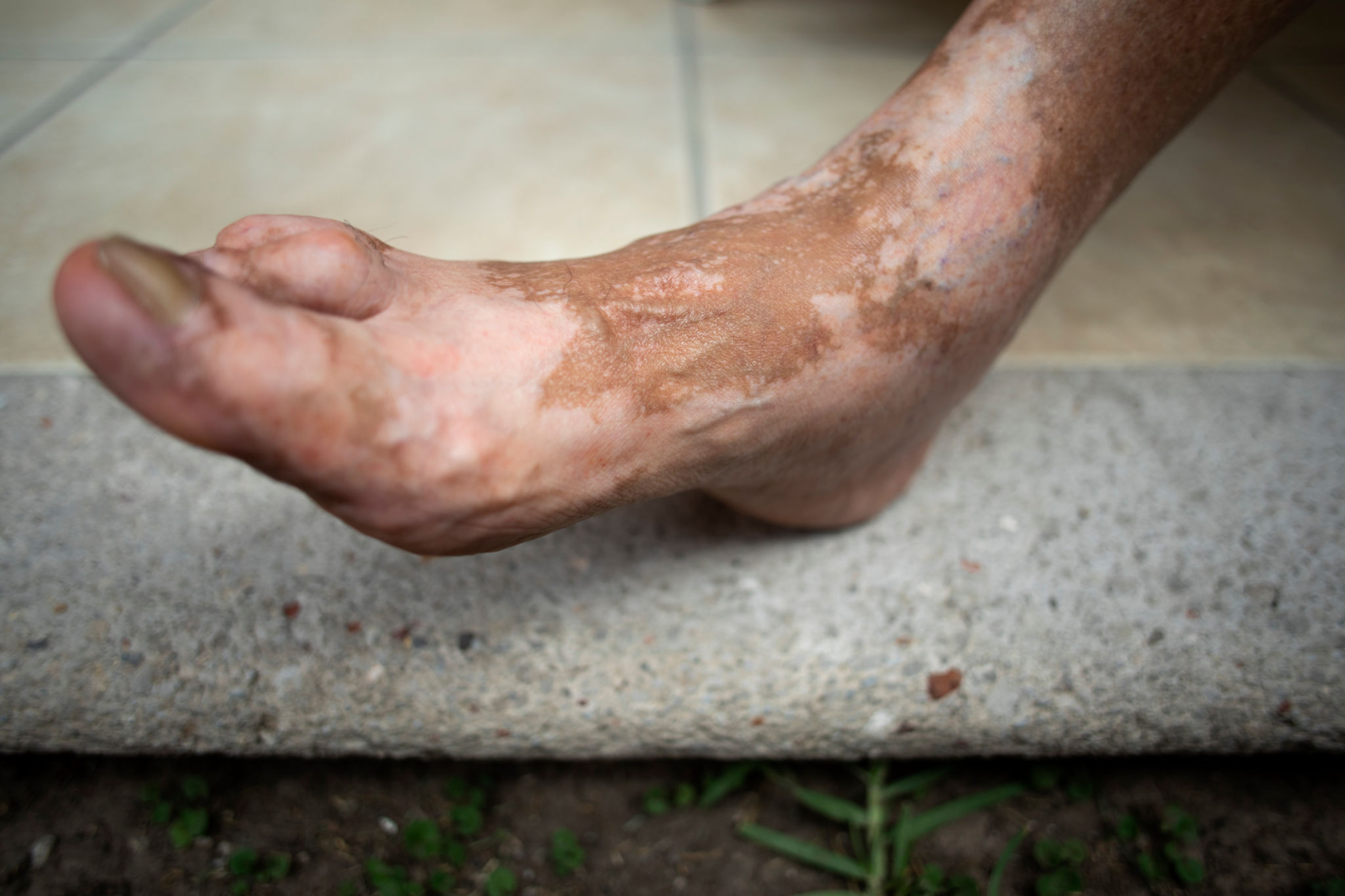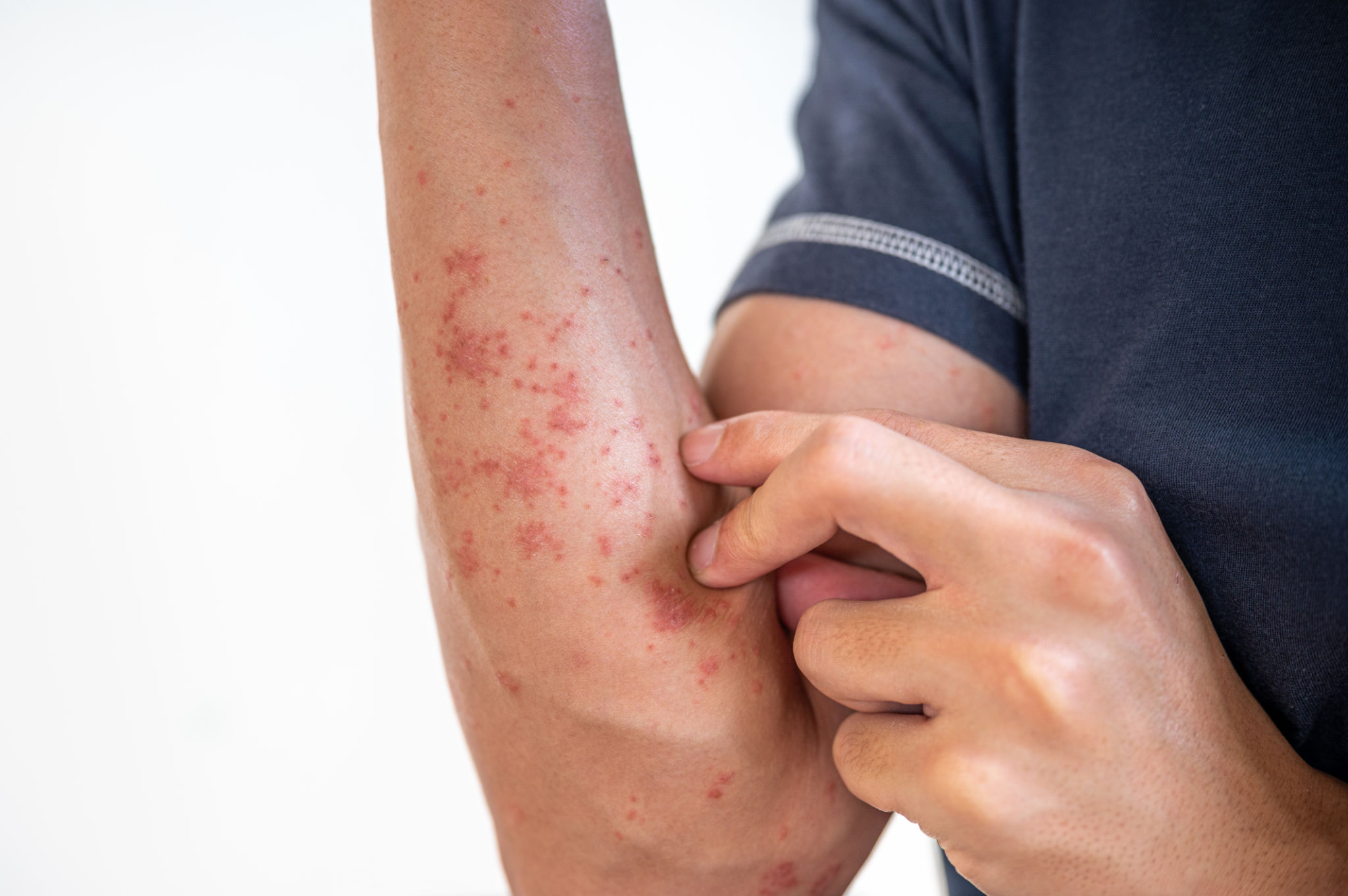A Comprehensive Guide to Managing Guttate Psoriasis
Understanding Guttate Psoriasis
Guttate psoriasis is a type of psoriasis characterized by small, drop-shaped, scaly patches on the skin. It is a common form of psoriasis, especially in children and young adults. Recognizing the symptoms early can help in managing the condition effectively. This guide aims to provide comprehensive insights into managing guttate psoriasis.

Identifying Symptoms
The first step in managing guttate psoriasis is identifying its symptoms. The condition often appears suddenly, often triggered by an infection such as strep throat. Key symptoms include:
- Small red spots on the skin, primarily on the torso, arms, and legs
- Scaly patches that may itch or feel inflamed
- Possible sore throat or respiratory infection preceding the outbreak
Triggers and Causes
Understanding what triggers guttate psoriasis is crucial for preventing flare-ups. Common triggers include:
- Infections: Streptococcal infections are a primary trigger.
- Stress: Emotional stress can exacerbate symptoms.
- Skin Injuries: Cuts, scrapes, or burns can trigger outbreaks.
- Medications: Certain drugs like beta-blockers can worsen the condition.

Treatment Options
Treating guttate psoriasis often involves a combination of therapies tailored to the individual's needs. Common treatments include:
- Topical Treatments: Creams and ointments with corticosteroids can reduce inflammation.
- Phototherapy: Exposure to ultraviolet light may help slow cell turnover.
- Systemic Medications: Oral or injected medications can be used for severe cases.
- Home Remedies: Moisturizing daily and using gentle skin care products can alleviate symptoms.
Lifestyle and Dietary Adjustments
Lifestyle changes can significantly impact the management of guttate psoriasis. Incorporating a healthy diet rich in anti-inflammatory foods can help reduce symptoms. Foods such as fatty fish, leafy greens, and nuts are known to be beneficial. Additionally, regular exercise and stress-reduction techniques like yoga or meditation can improve overall well-being and reduce flare-ups.

When to Seek Professional Help
If guttate psoriasis symptoms persist despite home care and over-the-counter treatments, it is vital to seek professional medical advice. A dermatologist can provide specialized care and recommend more potent treatments if necessary. Early intervention can prevent complications and improve the quality of life for those affected by guttate psoriasis.
Support and Resources
Connecting with support groups and online communities can provide individuals with guttate psoriasis the emotional support they need. Sharing experiences and tips with others facing similar challenges can be empowering and reassuring. Many organizations offer resources, including the National Psoriasis Foundation, which provides educational materials and support networks.
In summary, managing guttate psoriasis requires a multifaceted approach, including identifying triggers, implementing effective treatments, making lifestyle changes, and seeking professional advice when needed. With the right strategies in place, individuals can lead fulfilling lives while managing this chronic condition.
